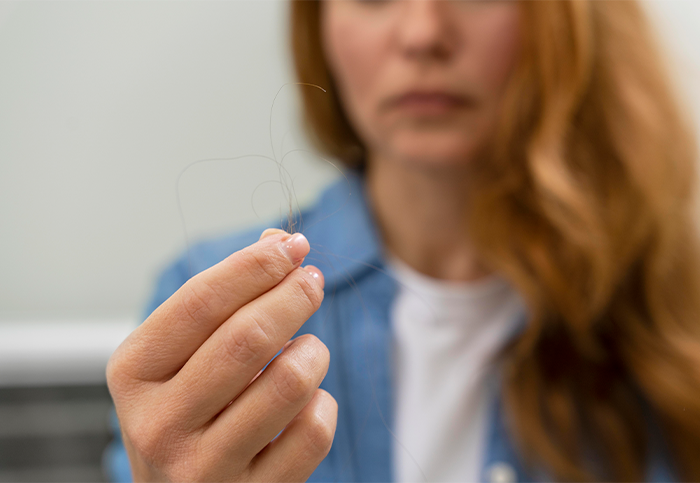Food Supplements: What's True and What's Not!
Vitamins and food supplements are more popular today than ever before. Meanwhile, misconceptions about food supplements with no scientific basis are also prevailing among many people. This article will help you understand the truths and facts about food supplements which are backed by science. So, read this blog post until the last.

Most Common Misconceptions and Truths About Food Supplements
1. Only Natural Supplements are the Best to Take
It is commonly believed that only herbal or naturally extracted supplements are the best to use. But the fact is that our body also requires multiple vitamins & minerals daily, and this need is fulfilled by using good-quality multivitamin supplements.
You need to pick the supplements that are high in those ingredients you are deficient in. The criteria defining the best supplement for you is your nutrient deficiency profile. If you are deficient in vitamin B12 or iron, then supplements like Nutrifactor’s Vitamin B-12 and Fero Syrup are the best for you, respectively.
2. Supplements Can Replace Healthy Diet
This is the most common misconception that many of you are holding inside of you. But the fact is the contrary.
Supplements can’t replace a healthy diet. As the name indicates, food supplements only supplement your diet and increase the nutrient profile you need the most. For example, you are deficient in a specific nutrient and cannot fulfill this deficiency from your diet; in that case, the supplements will show their magic and help fulfill that deficiency by providing the much-needed nutrients with good absorbability.
Therefore, we can’t say that supplements can take the place of a healthy diet. Instead, they are the best source of the boost of goodness in the body. Nutrifactor’s Multifactor, Vitamax One A Day Multi, Vitamax Women, and Ginsoden are some of the best multivitamins on the market.
3. Food Supplements Can Treat Diseases
Food supplements are not medicines but vitamins & minerals, fatty acids, or amino acids in capsule, tablet, gummy, or soft gel form. Food supplements don’t treat the disease; however, they prepare the body to fight the diseases by boosting immunity and giving a healthy boost of nutrients and antioxidants.
If we take care of our proper caloric and nutrient intake by taking a balanced diet and good quality food supplements, the risk of diseases can be reduced to the lowest.
Some of the best supplements that help promote general to specific well-being are; Omega-3 Fish Oil and Icelandic Cod Liver Oil for cardiovascular health, Norik to help maintain healthy uric acid levels in the body, Bonex-D Gummies to promote bone and joint health and help reduce the risk of osteoporosis, Glucofactor helps manage blood sugar levels, and many others that contribute differently to the wellness of life. But they cannot replace the main meals of our healthy diet.
4. Everyone Can Take Any Supplement Without a Prescription
Food supplements are more beneficial for those who are deficient in specific nutrients because supplements fill the nutritional gap that many people find difficult to fulfill from the diet. So, it is essential to choose the right supplement because every supplement is not beneficial for everyone. Some people may need multivitamins, or others, particularly iron supplements depending upon the deficiencies.
To avoid bearing any issues, consult your healthcare professional before taking supplements, particularly if you are pregnant, breastfeeding, or suffering from any medical issue or chronic disease.
5. The Food and Drug Administration Approves All Dietary Supplements
The Food and Drug Administration regulates supplements as food, hence named food supplements or dietary supplements. But it does not regulate supplements strictly as it does with drugs. FDA has the authority to ban those supplements that negatively impact people.
Furthermore, in Pakistan, all the food supplements are DRAP (Drug Regulation Authority of Pakistan) enlisted and manufactured under a high standard of cGMP (Current good manufacturing practices) by following all the safety measures, keeping the efficacy, potency, and purity at their best.
References:
- https://www.fda.gov/consumers/consumer-updates/dietary-supplements
- https://www.mayoclinic.org/healthy-lifestyle/nutrition-and-healthy-eating/in-depth/supplements/art-20044894
- https://www.webmd.com/pain-management/features/what-vitamin-should-i-take
- https://pubmed.ncbi.nlm.nih.gov/27150288/



